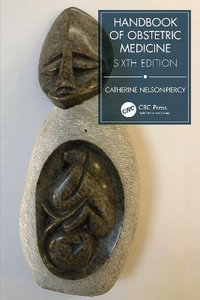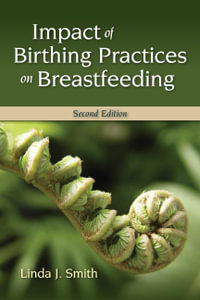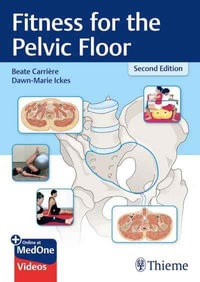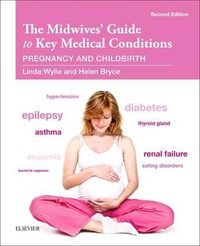Fertility and Pregnancy: An Epidemiologic Perspective, is a lively overview of human reproduction: how it works, and what causes it to go wrong. Weaving together history, biology, obstetrics, pediatrics, demography, infectious diseases, molecular genetics, and evolutionary biology, Allen Wilcox brings a fresh coherence to the epidemiologic study of reproduction and pregnancy. Along the way, he provides entertaining anecdotes, superb graphs, odd tidbits and occasional humor that bring the topic to life.
The book is divided into two sections. The first lays the foundations - the basic principles of reproductive physiology, demography, infectious diseases, and genetics as they apply to human reproduction. The second part deals with the endpoints of reproductive epidemiology - a spectrum ranging from infertility and fetal loss to birth defects and the delayed effects of fetal exposures. The book closes with a discussion of unsolved problems, suggesting possible research projects for a new generation of epidemiologists. An extensive glossary makes this a valuable reference as well as an enjoyable read.
Industry Reviews
"Allen Wilcox has given birth, at long last, to what will inevitably become the standard textbook for nearly all introductory reproductive and perinatal epidemiology classes...weaves fascinating tales of reproductive intrigue that make for enjoyable reading and that will create memorable teaching moments." --American Journal of Epidemiology
"This is a useful, high quality book. I would certainly consider using it as a textbook in a course on reproductive epidemiology." --Doody's
"It is rare to read such a well-written textbook. The text is brief, to the point, and well structured and it is a joy to read. Wilcox's many years as an editor and author of several landmark scientific papers have made him one of the best epidemiological writers, and in this book he is writing about his home field as the leading epidemiologist in reproductive health. Nothing compares to the wonders of the creation of new life, and to the challenges associated
with studying determinants of reproductive health problems that often have severe consequences for the child, family, society, and all of us." -- Jorn Olsen, M.D., Ph.D., Professor and Chair,
Department of Epidemiology, School of Public Health, University of California, Los Angeles
"This book conveys the author's deep understanding of the field, but as important as the facts it provides, it draws us into his intellectual fascination with the remarkable phenomenon of human reproduction. For students and established investigators in reproductive and perinatal epidemiology, I would enthusiastically encourage reading the book cover to cover. I can think of no other epidemiology text that is as elegantly and entertainingly written, sprinkled
with fascinating and even amusing tidbits." -- David A. Savitz, Ph.D., Charles W. Bluhdorn Professor of Preventive Medicine and Director, Disease Prevention and Public Health Institute, Mount Sinai
School of Medicine
"With this long-awaited book, Allen Wilcox has accomplished a masterly and compact synthesis of the biology and epidemiology of human reproduction. The text opens a coherent epidemiological perspective on a wide range of topics, ranging from genetics, eugenics, and evolutionary biology to pre-eclampsia and birth defects. The wealth of the material, the prominence placed on well-articulated reasoning rather than on technicalities and the clarity and fluidity of
the prose make reading this book an enjoyable journey that no epidemiologist nor any student of human reproduction should miss." -- Rodolfo Saracci, M.D., Director, European Educational Programme in
Epidemiology
"Leavened by humor, energized by insight, and informed by many years of experience, this long anticipated text is a wonderful read. It synthesizes an increasingly important field of research, will stimulate new investigations, and both new students and aging professors alike will be inspired and recharged by this volume. Each chapter is a small gem covering a discrete area of special interest and none disappoint. Together, all the important subspecialties of
perinatal and reproductive epidemiology are covered. Be warned: do not dip into this book unless you are prepared to become thoroughly engaged and committed to reading the entire text." -- Michael B.
Bracken, Ph.D., M.P.H., F.A.C.E, Susan Dwight Bliss Professor of Epidemiology, Professor of Obstetrics, Gynecology and Reproductive Science, Yale University
























